Launched in August 2023, the survivors and caregivers’ program supports women and girls who have experienced sexual and gender-based violence, as well as female caregivers, such as mothers and relatives affected through their connection to child survivors.
Through this program, Allies in Development helps survivors pursue justice, access healthcare and shelter, and rebuild their lives. We also provide skills training, in-kind support, and business grants to survivors and caregivers living in poverty. Many women and girls lose income and vital support systems when they take steps to hold perpetrators accountable, making this assistance essential.
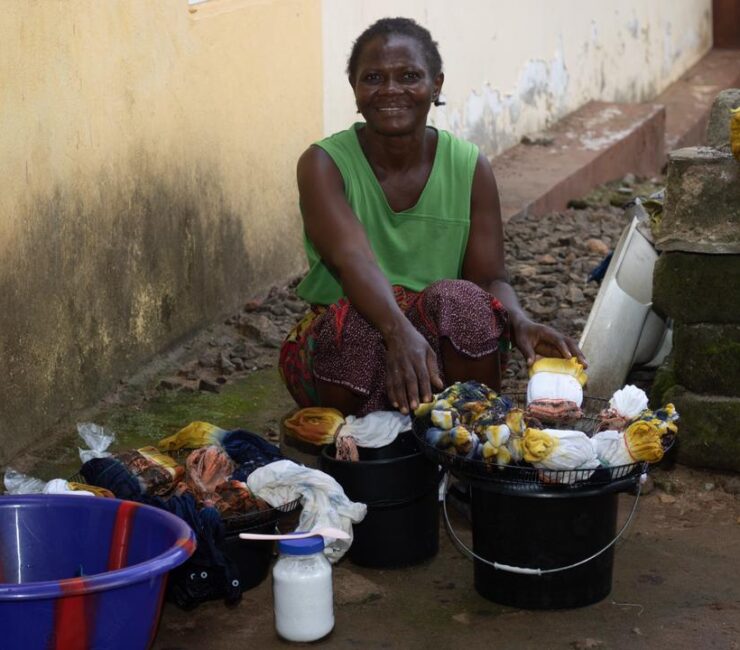
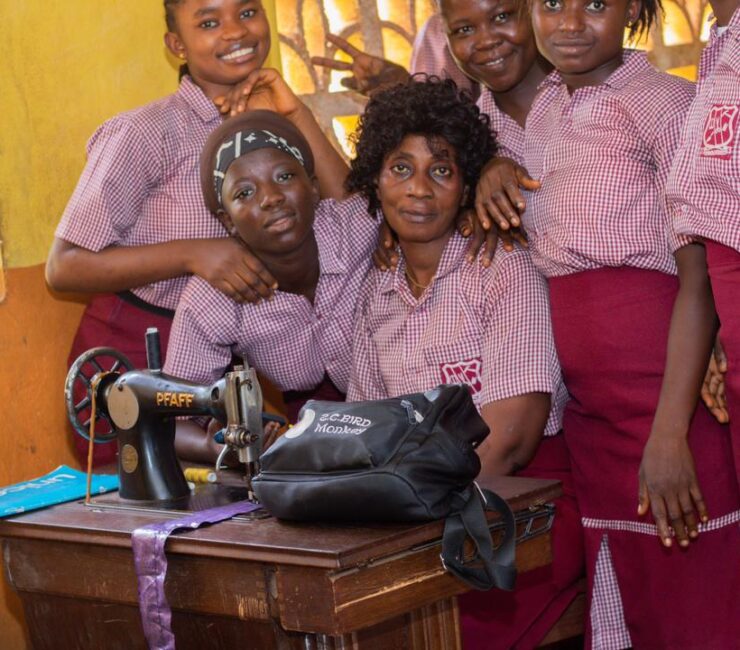
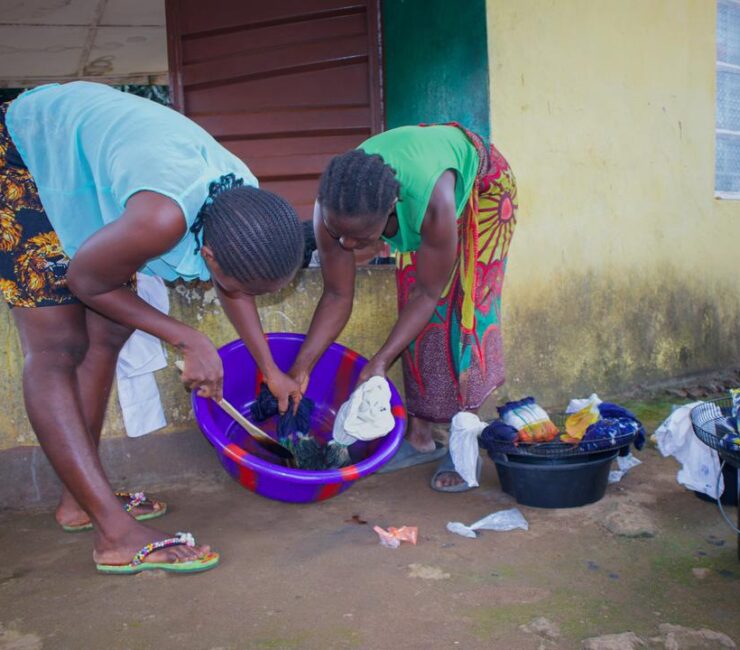

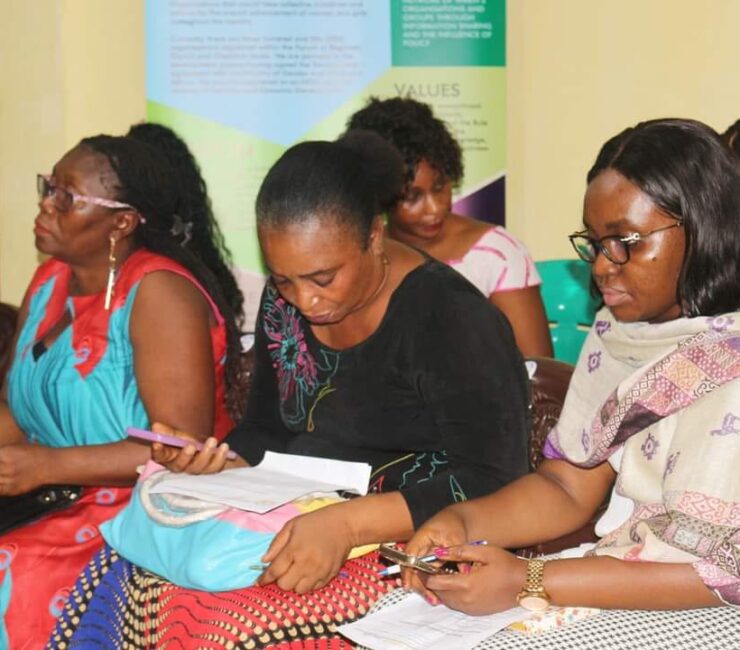
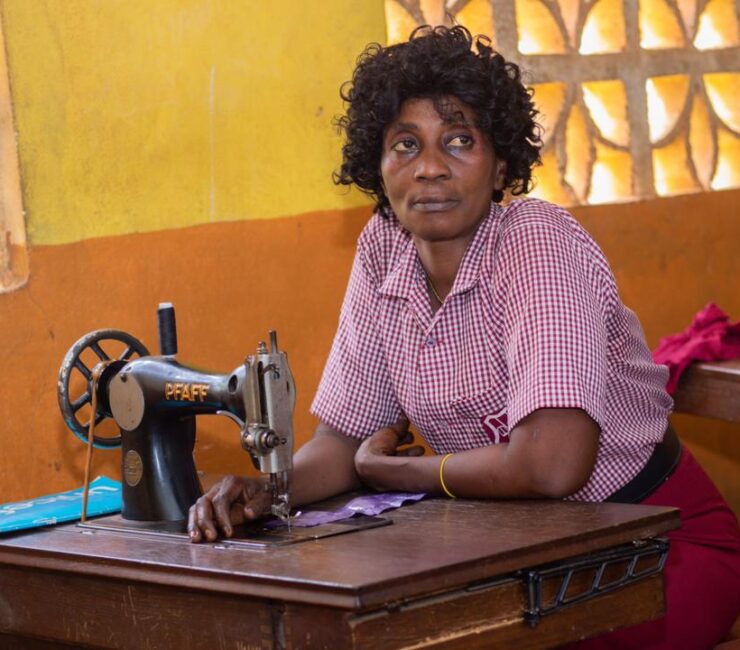
Violence causes severe harm to survivors, their families and society as a whole. Survivors suffer physical, health and psychological injuries, which in turn stresses family and state resources and wellbeing.
Violence causes socio-economic problems for survivors and their families. For example, healthcare costs are higher for survivors. Other associated costs include legal expenses and loss of productivity. Caregivers and survivors lose more workdays per incidence of violence than women not experiencing violence. Survivors are more likely to become unemployed due to injuries, disabilities, and inability to work as a result of violence. In a similar way, violence affects survivors’ ability to complete their education, thereby limiting their potential for more lucrative employments.
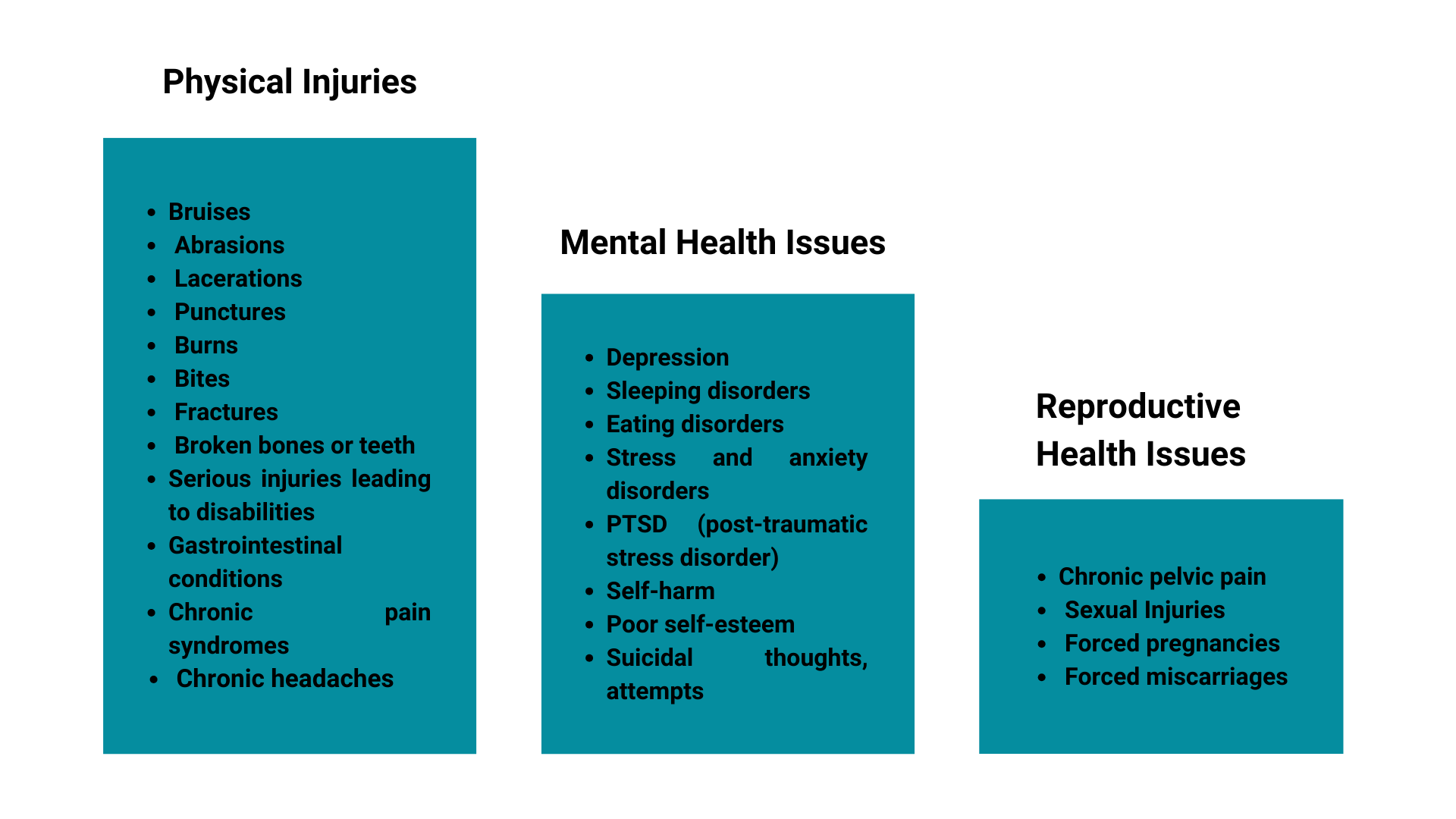
Mental Health Support: We partner with counselors, social workers, and community groups to provide psychological first aid and psychosocial support to women and girls affected by sexual and gender-based violence. We also connect survivors and families to essential services through referrals.
Justice and Social Protection: We support survivors in holding perpetrators accountable through the Sierra Leone Court of Justice. We provide information on justice mechanisms, collaborate with law enforcement, and track case progress. We also advocate for social protection for child survivors and caregivers, including access to counseling, medical care, income support, and other essential services.
Skills development support: We enroll survivors and caregivers living in poverty into vocational training programs to develop livelihood skills, promote financial independence, and improve their quality of life. The programme also provides financial assistance, business mentorship and development support to help participants start and grow sustainable enterprises.
Research: We collaborate with practitioners, survivors, and families to identify emerging research priorities that strengthen our advocacy efforts.
Share your time and talents with us. Teach a skill under the Allies in Development skills-plus program.
Are you looking for ways to support our mission?
We are inviting women and children’s rights enthusiasts to get in touch. It does not matter where you are located, we have multiple ways to engage.